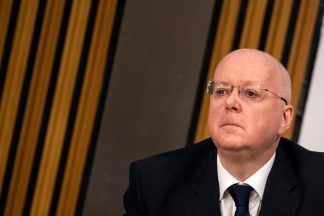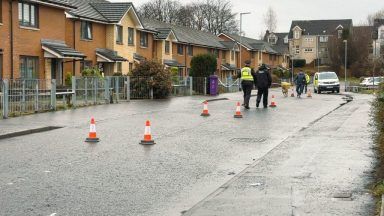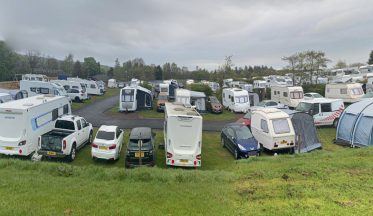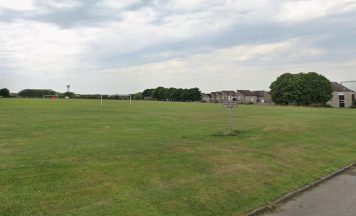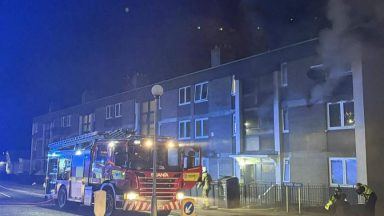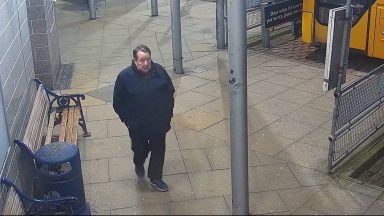Councillors have called it “unacceptable” that around a quarter of children in Perth and Kinross are living in poverty.
The latest figures published by Perth and Kinross Council revealed the number of local children living in poverty has risen to 22.6%.
But the report put before councillors this week warned these were pre-Covid figures and likely to be an underestimate of the current situation.
Councillors expressed shock at the latest figures put before Perth and Kinross Council at a meeting on Monday.
The Local Child Poverty Action Report revealed PKC is aware of over 5500 children across the region living in poverty.
The report said while local authorities alone cannot end child poverty, they do have a “considerable influence” and set out steps for how PKC can aim “to make the lives and life chances of those living in poverty better and brighter”.
A case study in Blairgowrie and Glens highlighted how poverty was not just an urban issue but affected those in rural areas.
Some of the key drivers in poverty highlighted were: zero hours contracts, low paid jobs, underemployment, expensive and poor transport networks, access to affordable housing, childcare and the impact of Covid-19.
The pandemic is seen to have had a significant impact on the region’s families.
As a result of the pandemic, 8500 Perth and Kinross householders are struggling to pay for food and other essentials. And 24,500 families are estimated to have no savings or less than one month’s savings – this figure has almost doubled from 13,618 before the pandemic.
One in six jobs were lost to the local economy and the number of people on out-of-work benefits doubled to 4195.
The number of Perth and Kinross households receiving Universal Credit increased by 237% and 105 families with three or more children had their benefit capped.
Between December 2019/2020 there was a 92% increase in the amount paid out in crisis grants.
Between November 2020 and May 2021, PKC teamed up with The Scottish Poverty and Inequality Research Unit at Glasgow Caledonian University and parents from priority families.
These parents are helping PKC co-produce a children’s scorecard to measure the reach and effectiveness of the Perth and Kinross Offer for children and families affected by poverty.
A Child Poverty Training Programme is being produced for frontline workers and service managers.
A Social Needs Screening Project in partnership with NHS Tayside and community partners will “test the feasibility of establishing a Social Needs Screening Project to identify unmet need and connect families not currently on our radar to the help and support they need”.
A Good Food Network and Strategy will aim to tackle food poverty and insecurity as well as supporting healthy eating and wellbeing and sustainable food across Perth and Kinross.
From December 2020 to March 2021, a Feeling the Pinch campaign was launched in Perth and Kinross. This will run again this winter.
Responding to the figures of how many Perth and Kinross children were currently living in poverty, Kinross-shire Conservative councillor Mike Barnacle said: “They really shook me.
“I had the assumption we lived in a relatively prosperous area. The figures quoted are pre-Covid so we are probably approaching 25% of children in our area living in poverty.
“I’m really shocked by that figure.”
He asked officers how poverty was measured.
An officer said the Scottish Government measured poverty on four scales: relative poverty; absolute poverty; combined low income and material deprivation, and persistent poverty.
Conservative leader Murray Lyle said: “The negative impacts of poverty on each child cannot be underestimated.”
He highlighted efforts made by PKC and its partners to tackle the problem, from employability schemes including Futures for Families, to ensuring 2000 priority families were offered a welfare rights check and “raising awareness to drive the take-up of the Scottish Child Payment to 85% of those eligible”.
He added: “Whilst no single service or agency has the power to end child poverty, we have a collective responsibility and indeed considerable influence as a local authority.
“There is much that we can do to make the lives and life chances of those living in poverty better and brighter.”
Lib Dem councillor Peter Barrett pointed to the “dramatic” rise in child poverty caused by the pandemic.
He said: “We know that Covid has hit those children and families hardest and we have to respond with both a local and national mission to tackle child poverty.”
He said queues had returned to community foodshares, and the majority of give and take boxes in Muirton and North Muirton were empty when he was out the previous day filling them, “giving evidence people are more than just feeling the pinch”.
Fellow Lib Dem councillor Willie Wilson called child poverty “a scourge on our society and something we should all be ashamed of”.
SNP councillor Tom McEwan said it was “unacceptable” and condemned employers who paid poverty wages – “an absolute scourge”.
He said: “If you do a 40 to 50-hour week you shouldn’t be going home needing a handout from Universal Credit to feed your family or heat your home.”
By local democracy reporter Kathryn Anderson
Follow STV News on WhatsApp
Scan the QR code on your mobile device for all the latest news from around the country


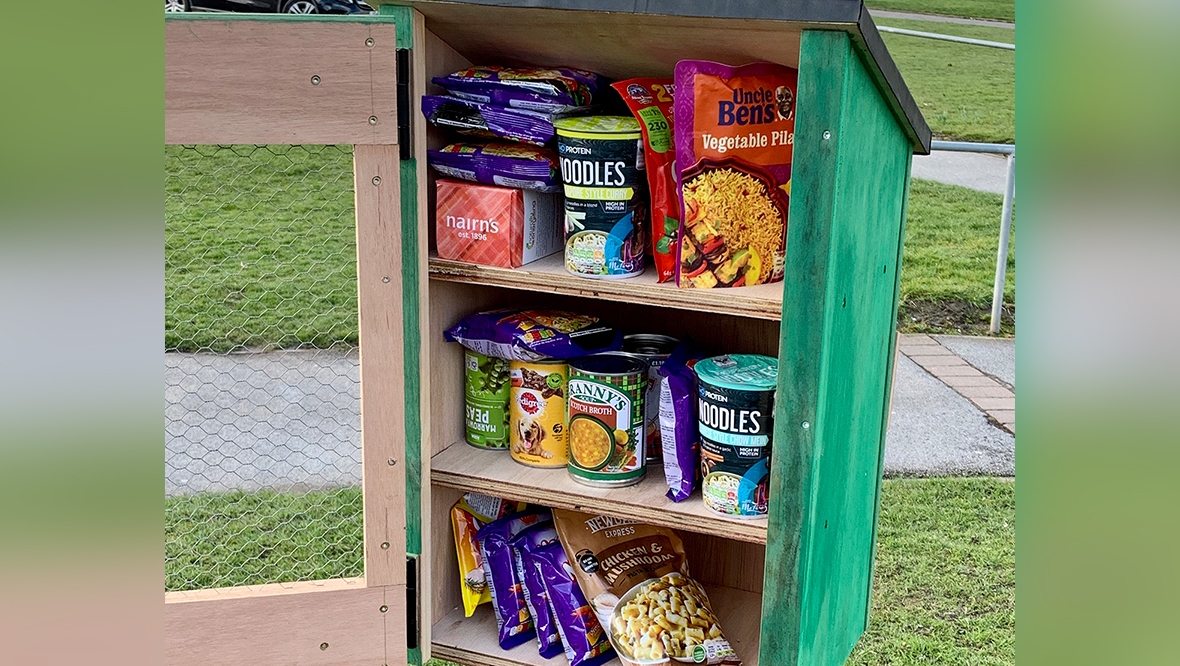 LDRS
LDRS




